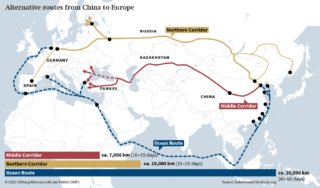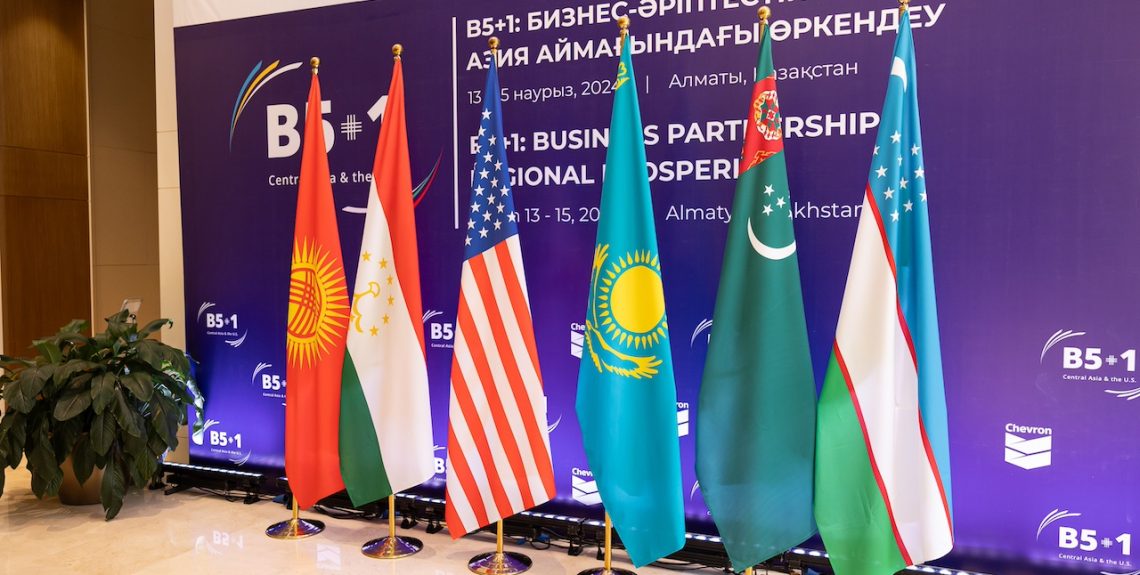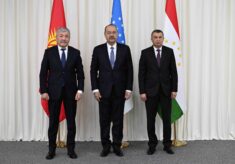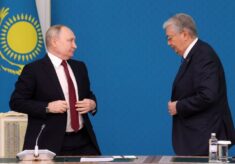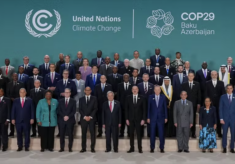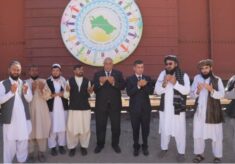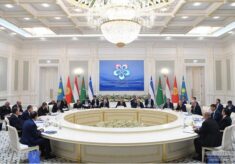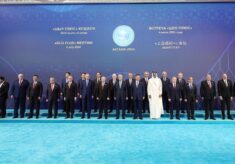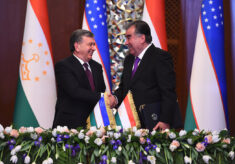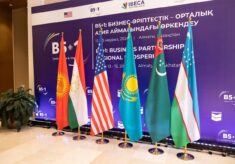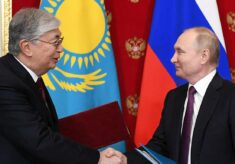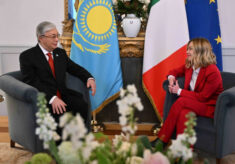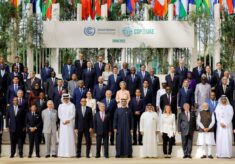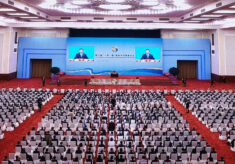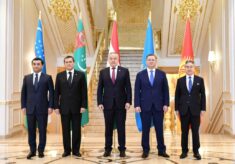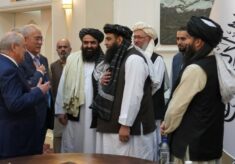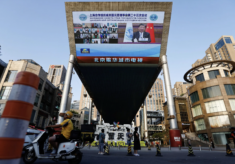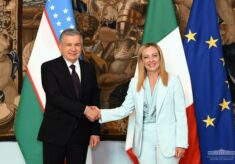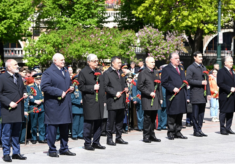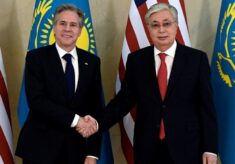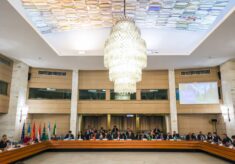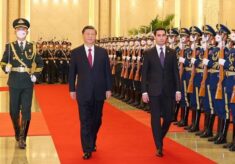Following a meeting with the Central Asian officials held in Almaty in mid-March, the United States has launched the B5+1 initiative, as a new US tool to extend long-term cooperation with the five Central Asian republics, mainly focused on the business dimension (B stands for business).
In the American perspective, the B5+1 forum has been conceived as an upgrade of a US-Central Asian political cooperation platform, known as the C5+1, established by President Obama in 2015: C5+1 represents a regular format of political dialogue, aimed at providing peace and prosperity in the region as well as promoting a sustained cooperation to address the region’s complex challenges and emerging threats. The main targets of C5+1 are: to improve economic resilience, to support sustainable development, to enhance security and to combat climate change and promote peace (The White House, C5+1 Leaders’ Joint Statement, September 21, 2023).
In this new B5+1 initiative, US focuses on trade and business, potentially downplaying the relevance of the rule of law dimension vis-à-vis- regional connectivity. The B5+1 is prioritizing five economic sectors for development: trade and logistics, agribusiness, e-commerce, tourism and renewable energy (United States launches initiative to foster Central Asian connectivity, Eurasianet, March 14, 2024).
This initiative shows the Biden Administration’s strong commitment to legitimize the C5+1 format as the main forum of dialogue with Central Asian countries. During the last meeting in September 2023, the format was elevated to the Presidential level for the first time.
